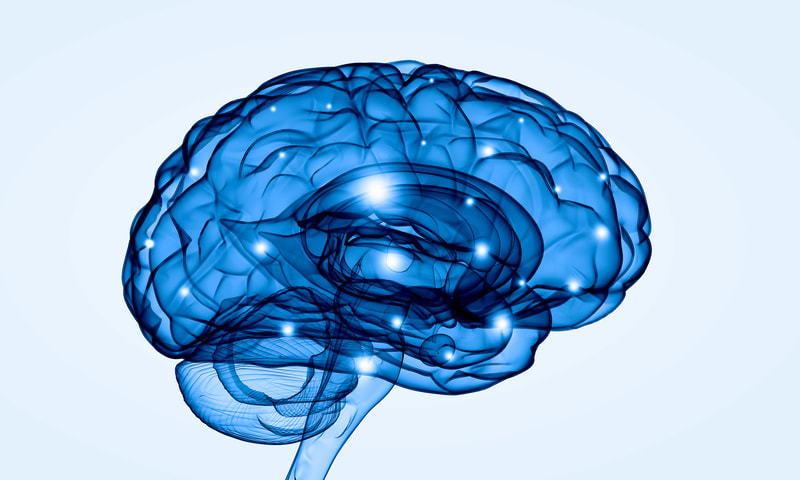Neural Correlates of Consciousness (NCC): Researchers often look for specific neural correlates that are associated with conscious experiences. Studies using techniques like fMRI, EEG, and other neuroimaging methods aim to identify brain activity patterns that are reliably associated with conscious perception. For example, the work of Francis Crick and Christof Koch has explored the search for neural correlates of consciousness.
Reference: Crick, F., & Koch, C. (2003). A framework for consciousness. Nature Neuroscience, 6(2), 119-126.
Brain Lesion Studies: Observations of individuals with brain lesions or damage can provide insights into the connection between brain function and consciousness. Cases where damage to specific brain regions correlates with changes in consciousness support the idea that the brain plays a crucial role.
Reference: Damasio, A. R. (1999). The feeling of what happens: Body and emotion in the making of consciousness. Harcourt Brace.
Neurological Disorders: Certain neurological disorders, such as coma or vegetative states, further emphasize the link between brain function and consciousness. Research on these conditions often involves studying brain activity to understand the mechanisms underlying altered states of consciousness.
Reference: Laureys, S., et al. (2004). Unresponsive wakefulness syndrome: a new name for the vegetative state or apallic syndrome. BMC Medicine, 2(1),
Consciousness-Altering Interventions: Studies involving interventions that directly affect the brain, such as anesthesia or pharmacological manipulations, provide additional evidence for the brain's role in consciousness. These interventions demonstrate that altering neural activity can impact conscious experience.
Reference: Alkire, M. T., Hudetz, A. G., & Tononi, G. (2008). Consciousness and anesthesia. Science, 322(5903), 876-880.
Cognitive Neuroscience Models: Various cognitive neuroscience models propose how different brain regions and networks contribute to conscious processing. The Global Workspace Theory, Integrated Information Theory, and others offer frameworks to understand how the brain supports conscious awareness.
Reference: Baars, B. J. (1988). A cognitive theory of consciousness. Cambridge University Press.
Recent research on consciousness underscores its dependence on the brain as a vital organ, highlighting that consciousness is intricately linked to the functioning of a living, material brain. The prevailing understanding is that when the brain ceases to function, consciousness similarly ceases. Consequently, the logical inference is that any speculation suggesting the survival of consciousness beyond death lacks empirical support and is not a tenable hypothesis.


 RSS Feed
RSS Feed